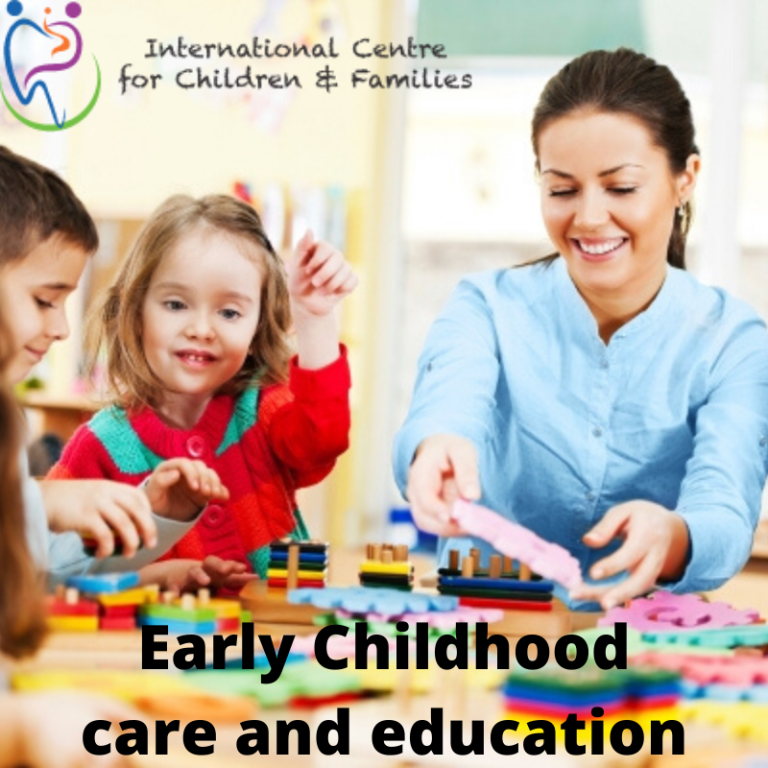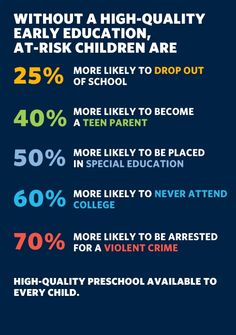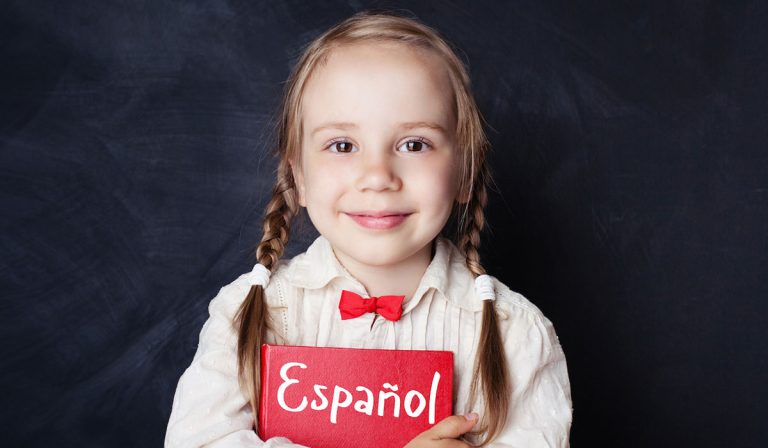How to Get Early Childhood Education Certification : Your Path to Success
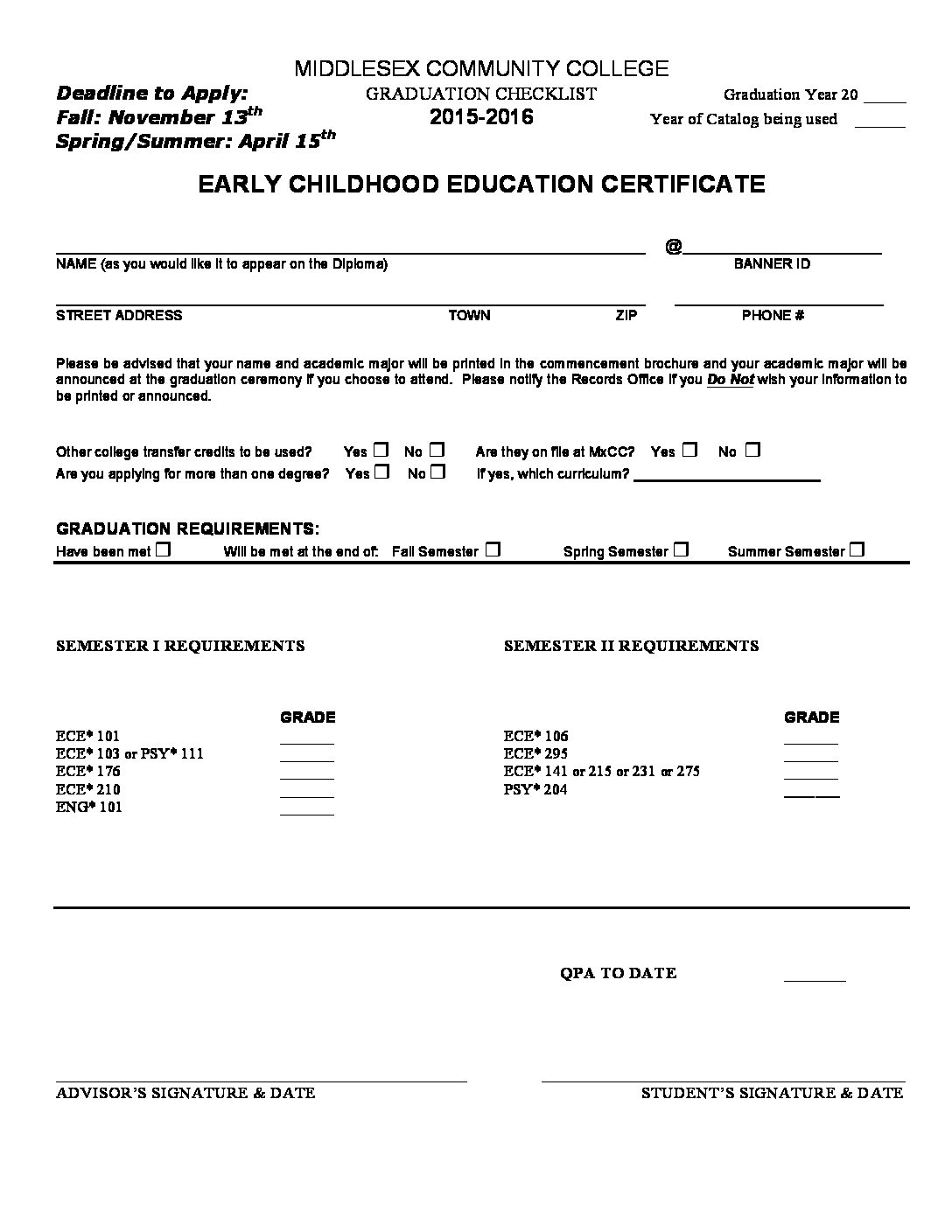
To get early childhood education certification, complete a relevant degree and pass certification exams. This qualifies you to teach young children.
Early childhood education certification is essential for individuals looking to work as educators for young children. By following specific steps and meeting necessary requirements, individuals can obtain the certification needed to pursue a career in this field. This certification validates the skills and knowledge required to effectively teach and care for children during their formative years.
With the increasing demand for qualified early childhood educators, obtaining this certification can open up various job opportunities in schools, daycare centers, and other educational settings. By completing the required education and exams, individuals can embark on a fulfilling career dedicated to shaping the minds of young learners.

Credit: impactearlyed.com
Requirements For Early Childhood Education Certification
Understanding the requirements for early childhood education certification is crucial for individuals looking to pursue a career in this field. Meeting the necessary qualifications ensures that educators are well-equipped to provide quality learning experiences for young children. In this section, we will explore the various requirements for obtaining early childhood education certification, including education and training, experience, and background checks.
Education And Training Requirements
Prospective early childhood educators must typically possess a minimum of a high school diploma or equivalent. However, many states require individuals to complete a formal education program in early childhood education or a related field. These programs may include coursework in child development, curriculum planning, and classroom management. Additionally, individuals may need to complete a certain number of supervised teaching hours in a classroom setting.
Experience Requirements
Some certification programs or state regulations may stipulate a certain amount of practical experience working with young children. This experience can be gained through internships, practicum placements, or employment in a licensed childcare facility. Candidates may also need to demonstrate proficiency in creating and implementing age-appropriate lesson plans and activities.
Background Check And Fingerprinting
As part of the certification process, applicants are often required to undergo a thorough background check and fingerprinting. This is done to ensure the safety and well-being of the children in their care. The background check typically includes a review of criminal history, child abuse registry clearance, and verification of professional references.
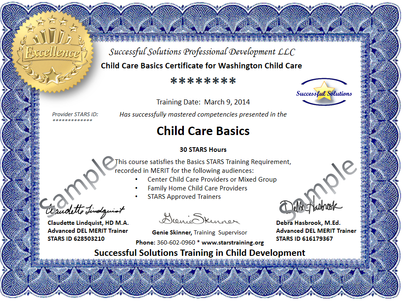
Credit: www.123playandlearn.com
Choosing A Certification Program
When it comes to embarking on a career in early childhood education, choosing the right certification program is crucial. This decision will not only shape your educational journey but also impact the quality of education you provide to young children. To help you make an informed choice, consider the following factors when selecting a certification program:
Researching Certification Programs
Before diving into a certification program, it’s essential to conduct thorough research. Explore the various programs available in your area and online. Look for programs that align with your career goals and provide comprehensive training in early childhood education.
Comparing Program Requirements
Once you’ve identified potential programs, compare their requirements. Check the prerequisites, coursework, and duration of each program. Ensure that the program’s curriculum covers essential topics such as child development, educational psychology, and classroom management.
Considering Online Vs. In-person Programs
When choosing a certification program, consider whether an online or in-person format suits your learning style and schedule. Evaluate the flexibility and support offered by online programs, while also weighing the benefits of hands-on experience and networking opportunities provided by in-person programs.
Preparing For Early Childhood Education Certification
Getting certified in early childhood education is a rewarding and impactful step toward a fulfilling career. To prepare for this certification, you’ll need to focus on several key areas, including studying for certification exams, completing required trainings and workshops, and gaining experience through volunteer and internship opportunities.
Studying For Certification Exams
Studying for certification exams is crucial for success. Make sure to review the exam content outline and use study guides and practice tests to prepare thoroughly. Consider joining a study group to share knowledge and resources with peers.
Completing Required Trainings And Workshops
Ensure that you fulfill all the required trainings and workshops. Look for accredited programs and online courses that align with the certification requirements. Stay updated on the latest developments in early childhood education to enhance your knowledge.
Gaining Experience Through Volunteer And Internship Opportunities
Volunteer at local childcare centers or intern at early childhood education organizations to gain valuable hands-on experience. Network with professionals in the field and seek mentorship opportunities to broaden your understanding.
Applying For Early Childhood Education Certification
Applying for Early Childhood Education Certification is an important step for individuals looking to establish a career in this rewarding field. The process involves submitting various application materials, paying certification fees, and preparing for certification evaluation visits. It’s crucial to understand each step in detail to ensure a smooth and successful application.
Submitting Application Materials
When applying for early childhood education certification, it’s essential to gather and submit the required application materials. These typically include transcripts, completed application forms, letters of recommendation, and a background check. Ensure that all documents are accurate and up to date to avoid any delays in the application process.
Paying Certification Fees
One of the crucial steps in obtaining early childhood education certification is to pay the necessary certification fees. These fees may vary based on the certification type and the state’s requirements. It’s important to budget for these fees and ensure they are paid on time to avoid any disruptions in the certification process.
Preparing For Certification Evaluation Visits
Once the application and fees are submitted, applicants should prepare for certification evaluation visits. This may involve arranging for a site visit to the educational institution where the applicant works or plans to work. It’s important to ensure that the learning environment meets the required standards and regulations for early childhood education.
Maintaining Early Childhood Education Certification
Getting certified in early childhood education is a great accomplishment, but it’s just the beginning. You need to renew your certification periodically, complete continuing education requirements, and stay up-to-date on the latest best practices in early childhood education to maintain your certification. In this section, we’ll discuss each of these requirements in detail.
Renewing Certification Periodically
Most states require early childhood education professionals to renew their certification every few years. You need to check with your state’s department of education to find out the specific requirements for your area. Generally, you will need to complete a certain number of continuing education hours and submit a renewal application. Some states may also require you to pass a background check.
Completing Continuing Education Requirements
Continuing education is an essential part of maintaining your certification. It helps you stay up-to-date on the latest research and best practices in early childhood education. You can fulfill your continuing education requirements by attending conferences, workshops, and training sessions. Some states may also accept online courses or self-study programs. It’s important to keep track of your continuing education hours and make sure you meet your state’s requirements.
Staying Up-to-date On Best Practices In Early Childhood Education
Early childhood education is a constantly evolving field, and it’s essential to stay up-to-date on the latest best practices. You can do this by reading professional journals and publications, attending conferences, and networking with other early childhood education professionals. It’s also important to regularly evaluate your teaching practices and seek feedback from colleagues and supervisors.
By renewing your certification, completing continuing education requirements, and staying up-to-date on best practices, you can ensure that you are providing the best possible education to young children and advancing your career in early childhood education.

Credit: www.rasmussen.edu
Benefits Of Early Childhood Education Certification
Obtaining certification in early childhood education comes with various advantages. Let’s explore the key benefits:
Increased Job Opportunities And Earnings Potential
With certification, you unlock more job prospects and the chance to earn higher salaries.
Demonstrating Professionalism And Commitment To The Field
By gaining certification, you showcase your dedication and professionalism in early childhood education.
Contributing To The Growth And Development Of Young Children
Certification allows you to play a significant role in nurturing and enhancing the development of young children.
Frequently Asked Questions
How Much Does It Cost To Get A Teaching Certificate In Texas?
Obtaining a teaching certificate in Texas typically costs around $78-$118 for the initial certification application fee. Additional costs may include exam fees, background checks, and training programs.
How Long Does It Take To Get A Teaching Certificate In Texas?
It typically takes 1-2 years to get a teaching certificate in Texas, depending on the program.
What Do You Need To Be A Early Childhood Teacher In Texas?
To be an early childhood teacher in Texas, you need a bachelor’s degree in education or related field. Additionally, you must pass the Texas teacher certification exams.
Can I Teach In Texas Without Certification?
No, teaching in Texas without certification is not permitted. Certification is required to teach in public schools.
Conclusion
Obtaining early childhood education certification is a crucial step for aspiring educators. By completing the necessary coursework and gaining practical experience, individuals can enhance their teaching skills and foster positive development in young children. With the demand for qualified early childhood educators on the rise, acquiring certification opens up rewarding career opportunities in the field.
Lorem Ipsum is simply dummy text of the printing and typesetting industry. Lorem Ipsum has been the industry’s standard dummy text ever since the 1500s, when an unknown printer took a galley of type and scrambled it to make a type specimen book.


